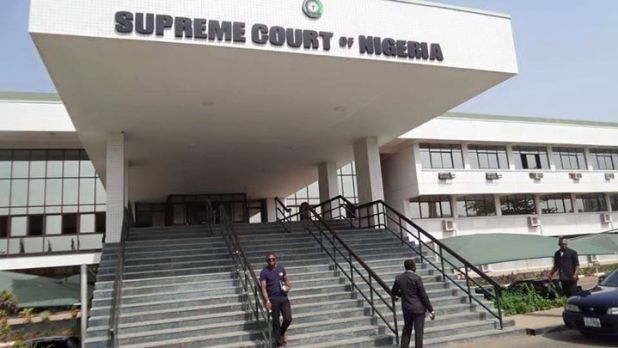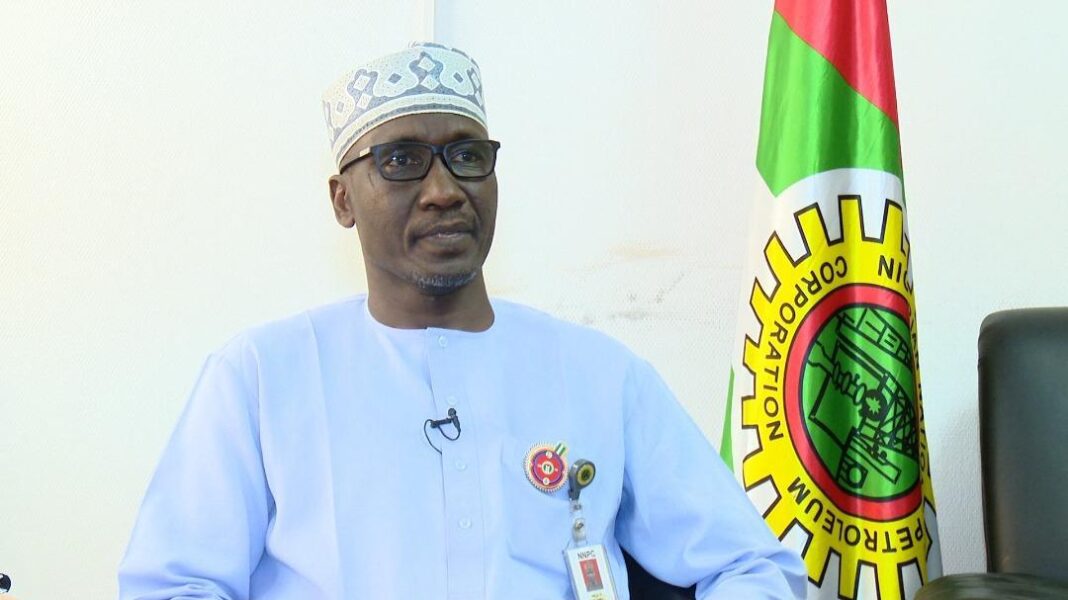The Chief Justice of Nigeria (CJN), Justice Olukayode Ariwoola, recently bemoaned how the Supreme Court is grappling with 6,884 delayed cases.
There is a shortfall of justices in the Supreme Court, with only 13 left on the bench despite that the constitution provided 21, which has widened the gap in the ratio of judges to litigants in Nigeria.
According to the National Judicial Council (NJC), the judiciary’s regulatory body, only 1,179 judges are available for the courts across the country with an estimated population of 218 million people.
As a result, many cases drag in the courts with some files being called up for the first time after 10 years.
2023: Snatch ballot box, go to jail, NYSC tells corp members
Elon Musk disables Twitter Spaces after clash with journalists
A staff of the Supreme Court confided in Daily Trust Saturday under the condition of anonymity that many appeals filed in 2006 were being heard for the first time this year.
He said recommendations of committees in the past for special courts to expeditiously handle some cases, like criminal and corruption cases, had not been implemented.
CJN speaks on backlog
Speaking at the investiture of 62 new Senior Advocates of Nigeria in Abuja on November 28, Justice Ariwoola said that out of the 6,884 cases at the apex court, there were 4,741 appeals in the court’s docket, with 1,495 of them having briefs filed and exchanged for hearing, leaving only 751 as moribund appeals.
The CJN said there were 3,246 remaining appeals having about 10,000 motions, with some being contentious and others innocuous in nature.
He added that within the window offered by the 2021/2022 legal year, the Supreme Court handled a total number of 1,764 cases, comprising of motions and appeals.
He commended the efforts of the Corruption and Financial Crime Cases Trial Monitoring Committee (COTRIMCO) under the leadership of retired Justice Suleiman Galadima, which has worked towards fast-tracking the trial of corruption and financial-related crimes in the country.
He said that between October 2021 and September 2022, a total number of 3,563 convictions were made through the collaborative effort of the committee, while there were equally a large number of forfeited cash and non-cash recoveries made within the period.
Besides, the shortfall in the number of justices compared to the number of cases, the CJN also bemoaned the “litigious” nature of Nigerians as accounting for the huge ratio of cases and judges.
“We don’t need to rush to court after every little disagreement. We have various alternative dispute resolution mechanisms across the country we can conveniently leverage on, with a view to freeing the courts of this incessant case overload. In every little disagreement, we rush to court, and in every lost case, we rush to appeal, even up to the Supreme Court, no matter how little the issue might be. That has obviously accounted for the several appeals pending in the Supreme Court,” he said.
Ariwoola noted that although the apex court receives scathing criticisms from members of the public over our over-blotted docket, the justices are “neither in any position to regulate case inflow to the court nor have the supernatural power to attend to all in one fell swoop.”





